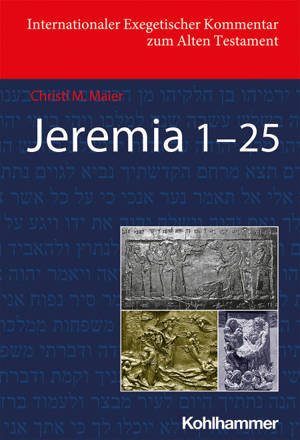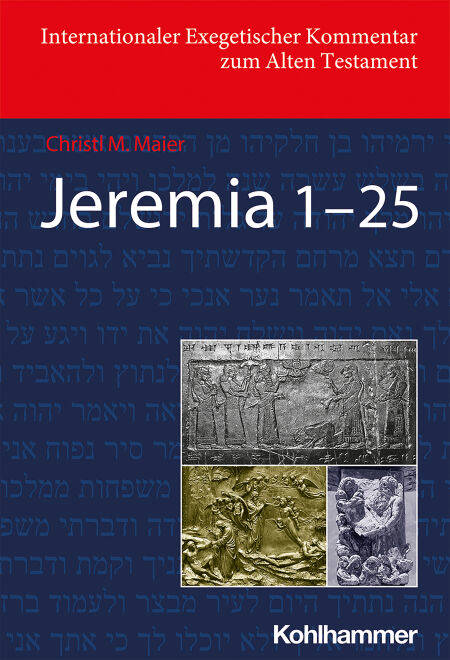
- Retrait gratuit dans votre magasin Club
- 7.000.000 titres dans notre catalogue
- Payer en toute sécurité
- Toujours un magasin près de chez vous
- Retrait gratuit dans votre magasin Club
- 7.000.0000 titres dans notre catalogue
- Payer en toute sécurité
- Toujours un magasin près de chez vous
Description
This commentary regards Jer. 1&25 as a dramatic text: in laments, accusations, and predictions of disaster, it issues a polyphonic message on the downfall of Jerusalem and Judah. In accordance with the format of this series, the Hebrew text is initially analysed synchronically in relation to rhetoric, genre, linguistic phenomena, motifs, and theological statements. Against the background of the political situation of Judah from the end of the seventh century BCE, a diachronic analysis attempts to reconstruct the genesis of the text. The starting point for this is the older version of it, preserved in the Greek tradition. The texts, which are rich in imagery and sometimes disturbing, and which set the scene for the downfall of the kingdom of Judah, are interpreted by Maier for contemporary readers with the help of more recent hermeneutical viewpoints such as feminist biblical interpretation, postcolonial theory and trauma research. The way in which the book of Jeremiah seeks to come to terms with cultural trauma & and in the face of war, famine and expulsion, struggles to find an image of God that is capable of explaining history, while at the same time conveying hope for a better future & becomes clear in the process. The female personification of Jerusalem provides an emotional and compassionate portrait of the people, giving voice to their experiences of the violence and destruction of war. Jeremiah, persecuted for his message of doom, is wrestling with God on behalf of the people.
Spécifications
Parties prenantes
- Auteur(s) :
- Editeur:
Contenu
- Nombre de pages :
- 468
- Langue:
- Allemand
Caractéristiques
- EAN:
- 9783170393622
- Date de parution :
- 07-12-21
- Format:
- Ebook
- Protection digitale:
- Digital watermarking
- Format numérique:
- ePub

Les avis
Nous publions uniquement les avis qui respectent les conditions requises. Consultez nos conditions pour les avis.






